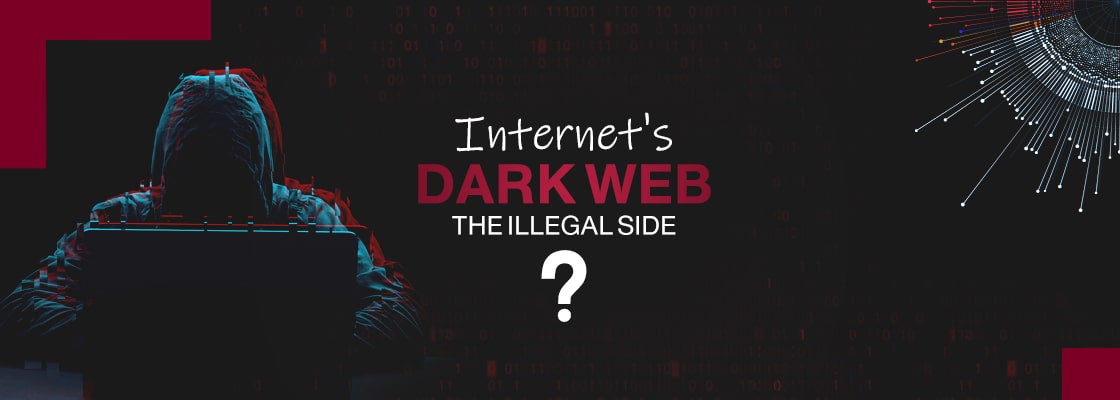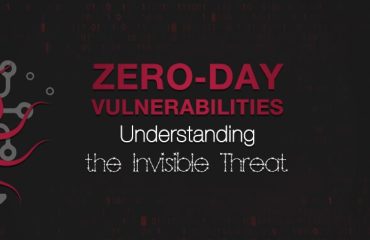
The internet is becoming more complex by the day, but it is also becoming more intimidating. When we read news and reports about the Dark Web, we may feel anxious, especially because we do not know and cannot control so much that our instinctive reaction to this ominous name is to associate it with something dangerous.
Definition of the dark web
The dark web is a part of the internet that isn’t indexed by search engines. You’ve no doubt heard talk of the “dark web” as a hotbed of criminal activity. Accessing the dark web requires a special browser, such as the TOR browser.
When compared to traditional websites, the dark web offers a great deal of privacy and anonymity. When people think of the dark web, they tend to think of online drug marketplaces, data exchanges, and other illegal activities. Dark Web users, including political dissidents and people who want to keep certain information private, often have very legitimate reasons for using it.
What is the difference between the deep web and the dark web?
It is sometimes confusing to use the terms “deep web” and “dark web” interchangeably. A “deep web” is anything on the internet that is not indexed by a search engine like Google and is not accessible from there. Any content behind a paywall or requiring a login is considered deep web content. It also includes content that has been blocked from being indexed by web crawlers by its owners.
There are many types of content on the deep web, including medical records, fee-based content, membership websites, and confidential corporate websites.
Dark webs are subsets of the deep web that are intentionally hidden, requiring the Tor browser. Approximately 5% of the Internet’s total size is considered to be the “dark web,” but no one really knows for sure. In spite of its ominous name, not all dark web traffic is illicit.
What are the dangers of the Dark Web?
Dark Web browsing can be risky since hackers and other cybercriminals gather on the dark web. Dark Web visitors should exercise extreme caution when downloading files, as they may contain viruses, malware, trojans, ransomware, or other malicious files. It is essential for users to ensure that their cybersecurity defenses are active and up-to-date at all times.
However, most actors on the dark web are highly skilled digital adversaries capable of outmaneuvering basic security measures.
A variety of unlawful activities are carried out on the Dark Web by cybercriminals and other malicious actors. Dark Web marketplaces and forums are hotspots for illegal activity, which fuels the underground economy by transacting illegal goods and services.
In addition to selling compromised accounts and personal data, cybercriminals also trade and sell the tools they need to launch cyber attacks:
Exploit kits: a set of tools that cybercriminals use to exploit vulnerabilities in systems and distribute malware.
Malware: includes ransomware, information thieves, keyloggers, spyware, adware, rootkits (difficult to detect and stop), Trojans, and worms (which have self-replicating capabilities).
Software vulnerabilities: that are not known to the software maker (called zero days). Cybercriminals can use these vulnerabilities to infiltrate organizations without being detected.
Distributed denial of service (DDoS): using botnets to flood victims’ systems with so much traffic that it knocks them offline and their services with them.
Online tutorials: guides, and other types of content support the upskilling of cybercriminals.
Money laundering: allows scammers to turn stolen or extorted money into clean, untraceable cash by moving it around.
With such a comprehensive and affordable offering, the entry barrier has been significantly lowered. Hackers seeking to make a lot of money and profit off people and companies around the world have found a way to do it—fast and at scale.
Crime of all kinds thrived on the Dark Web, thanks to cryptocurrency’s ability to provide comprehensive confidentiality.
There’s a good chance your data is already in a private data leak on one of the Dark Web’s illegal websites, forums, blogs, or data repositories.



